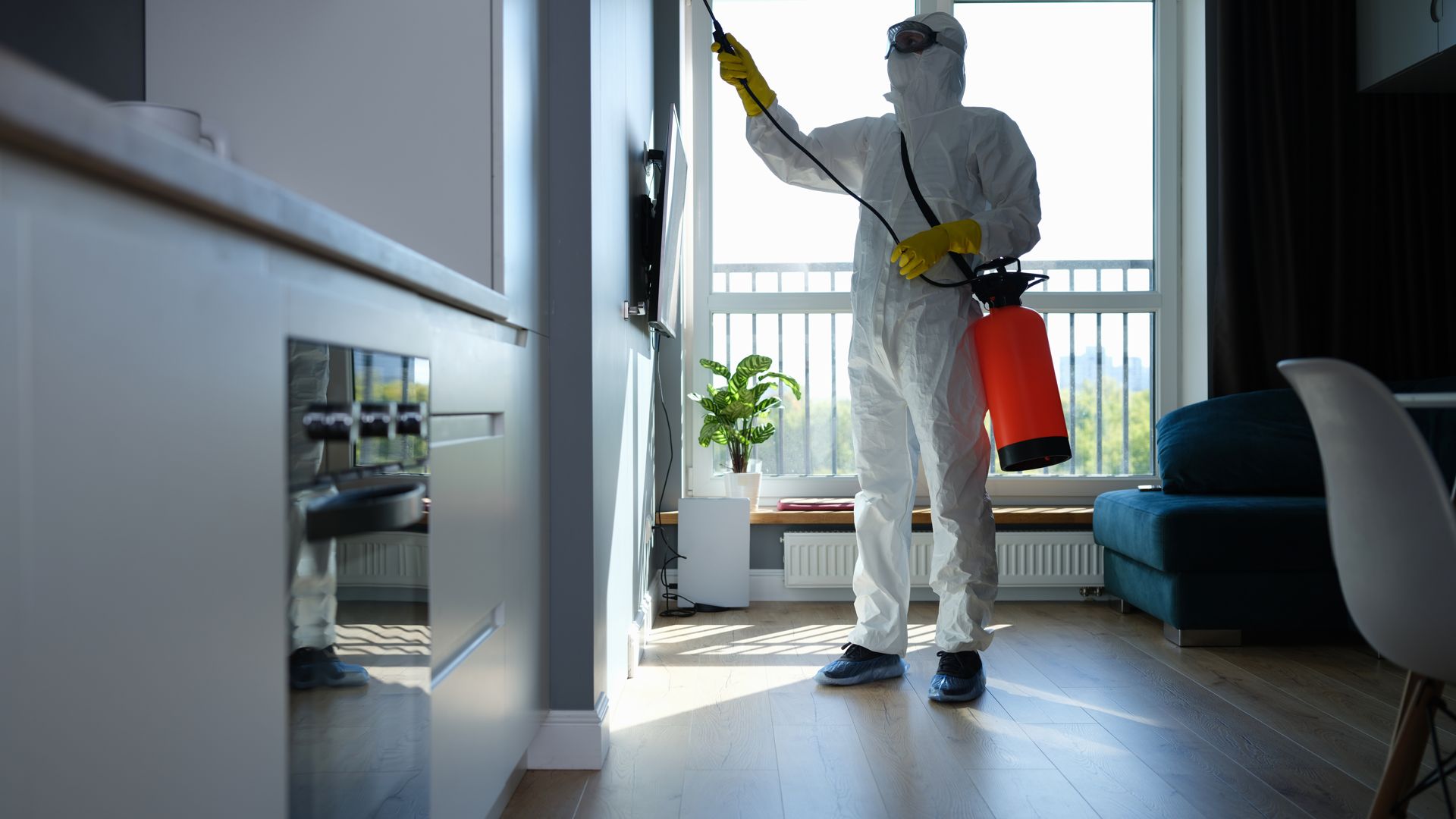
Most Common Rodents In Texas
Some consider them to be cute and adorable while others leap out of their skin when one appears on the floor next to them. Most of us fall somewhere in between. However, no matter where one stands on the topic of rodents, we can all agree that they have no place inside of our homes uninvited. Rodents in Northern Texas - whether they be mice or rats - can be difficult to eliminate without the help of an exterminator. Common rodents in Texas include the:
- House mouse
- Deer mouse
- Norway mouse
- Roof rat
Despite the type of rodent infesting your Texas home, they find their way indoors in search of shelter, food, and water. In the process of scavenging, they cause damage to your home by chewing woodwork, storing food, chewing electrical wires, and leaving behind waste. Furthermore, mice or rats carry infectious diseases that can be dangerous to humans. If you suspect a rodent infestation in your Texas home, the first step towards rodent extermination is the identification of the species and the source of the problem.
House Mice
There are two dominating types of mice in Texas: the house mouse and the deer mouse. At a length of between 5 1/2 and 7 inches, including the tail, the common house mouse has no trouble getting into our homes. In fact, a typical house mouse is able to squeeze through a hole the size of a dime which enables them to enter homes through the smallest of undetected spaces.
A house mouse has a pointed nose, black, beady eyes, and a thin tail. It is usually gray or brown with an underbelly of white fur.
Deer Mouse
If you own a farm or have outside animals, you’re likely to experience several run-ins with deer mice. Deer mice can live inside of your Texas home, but they prefer to live in an outdoor dwelling such as a shed or barn.
This mouse has a fur coat that is usually brown with an underbelly of tawny fur. It ranges in size from 5 to 8 inches, including the tail, and can squeeze through tiny holes, just like the house mouse.
Norway Rat
There are two dominating types of rats in Texas who will make their way into your home: the Norway rat and the roof rat. The Norway rat is the most common rat found in Texas. This rodent will create burrows in the ground and are thus found amidst ground clutter like crates, pallets, concrete slabs, woodpiles, garbage, piles of debris, undisturbed materials, and similar items.
The Norway rat is also commonly referred to as the sewer rat, house rat, wharf rat, gray rat, or Norwegian rat, even though it is of Asian origin. With its rounded snout, black, beady eyes, and small ears, this rat can be easily mistaken for a small roof rat. Norway rats range in size from 7-9 ½ inches long, including its long thick tail.


Why Choose Adams Exterminating?
-
Trained Entomologists & Service TechniciansOur team brings a deep understanding of insect biology and behavior to create targeted pest control strategies. We're equipped with the latest techniques and technologies to effectively eliminate pests.
-
Customized Plans for Every BudgetRecognizing that each space is different, we customize pest control services for every home or business. Our approach involves targeted solutions, addressing specific needs for your environment.
-
Trusted in the Community Since 1947With a legacy dating back to 1947, our pest control company brings decades of experience with a proven track record to keep your space critter-free.
-
Locally Owned & OperatedAs a locally owned business with offices in both Denton and Lewisville, we are rooted in the community and dedicated to serving our neighbors with personalized service.


